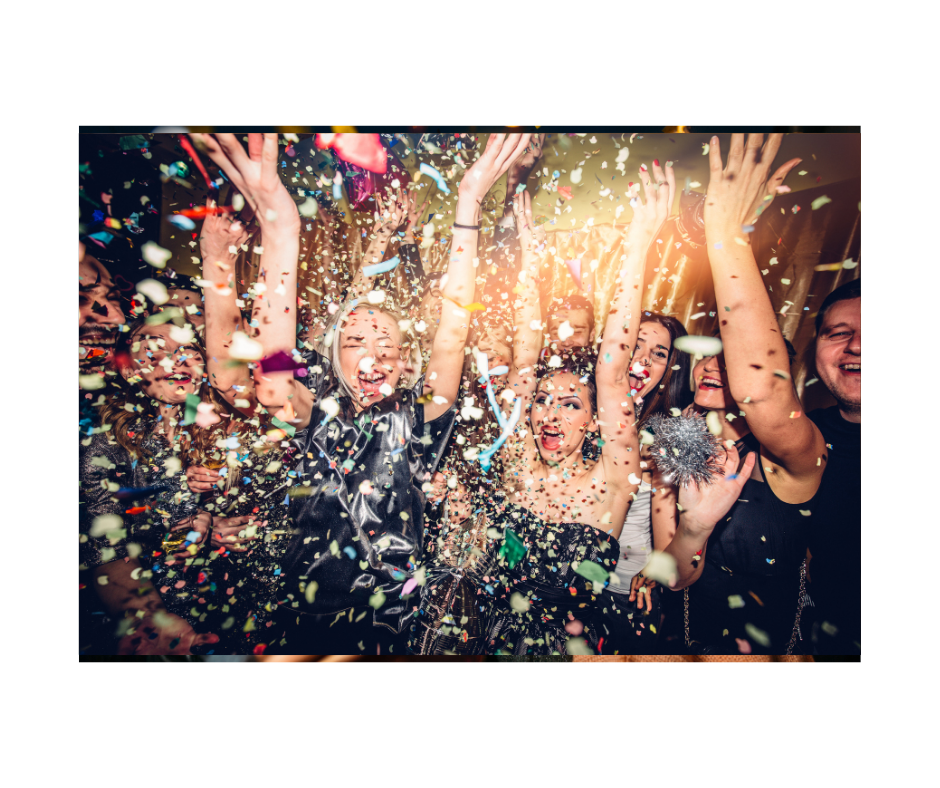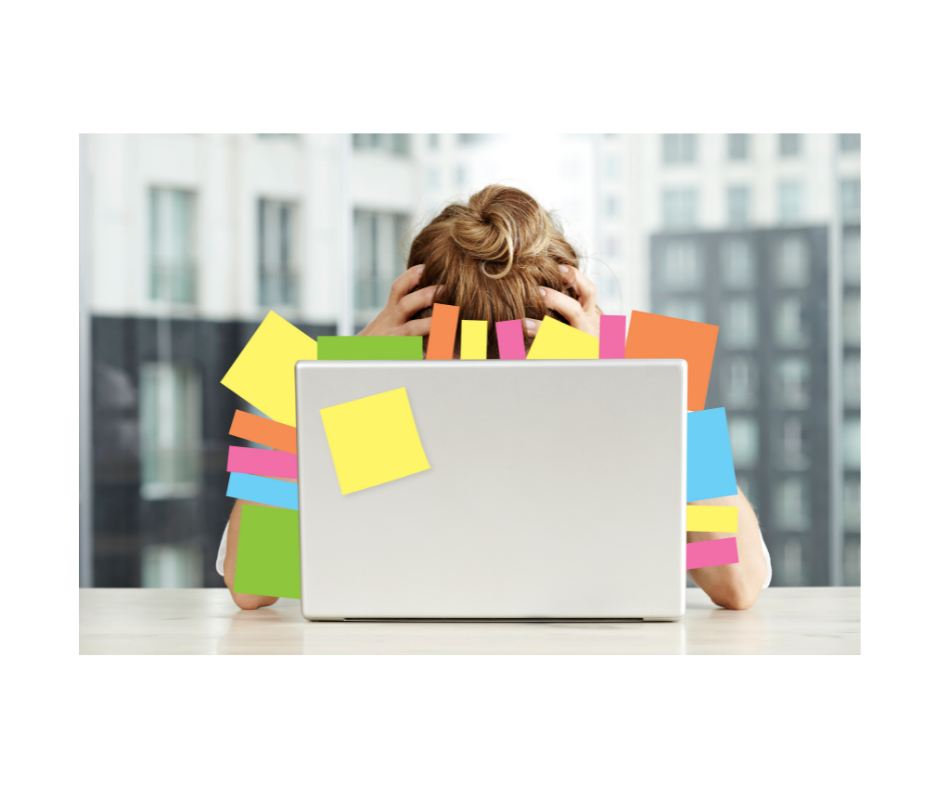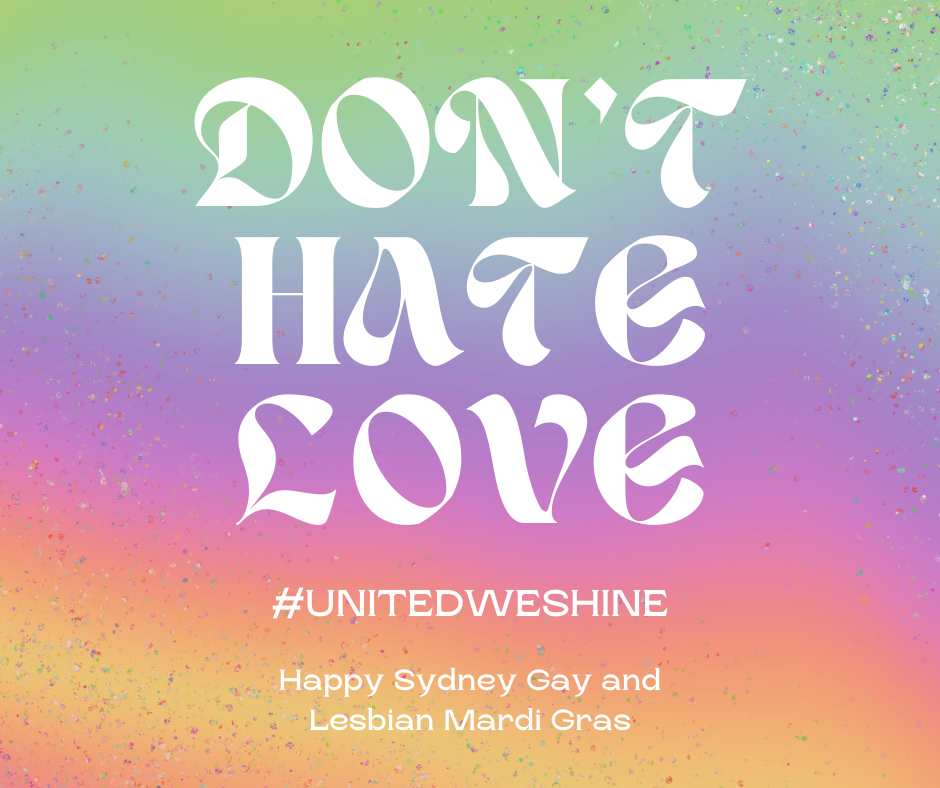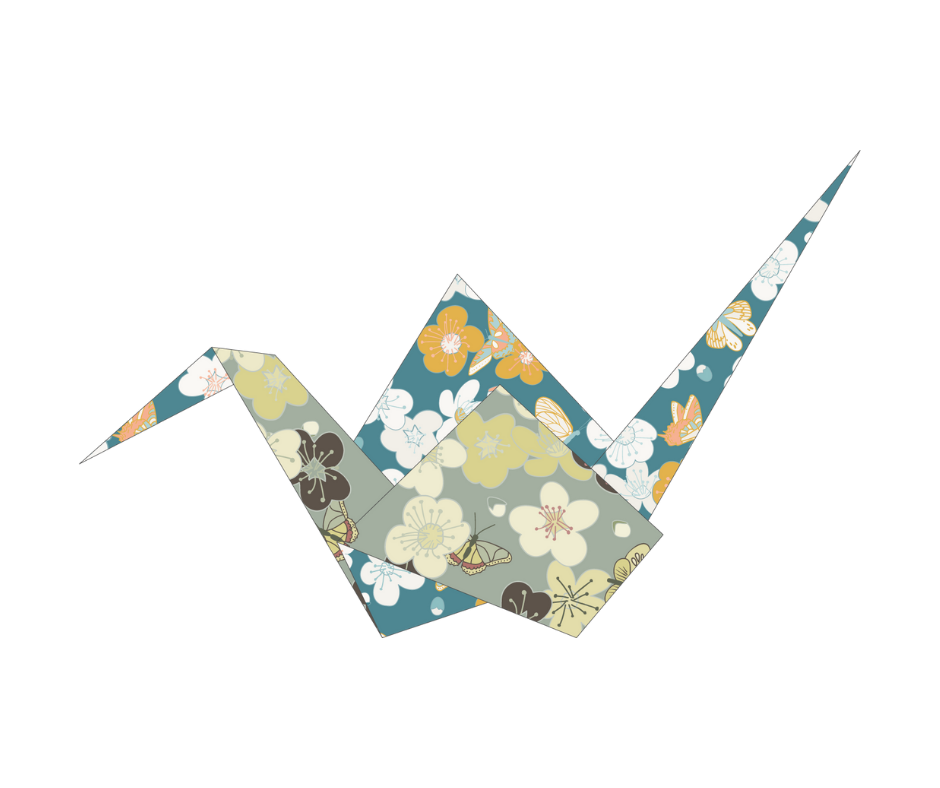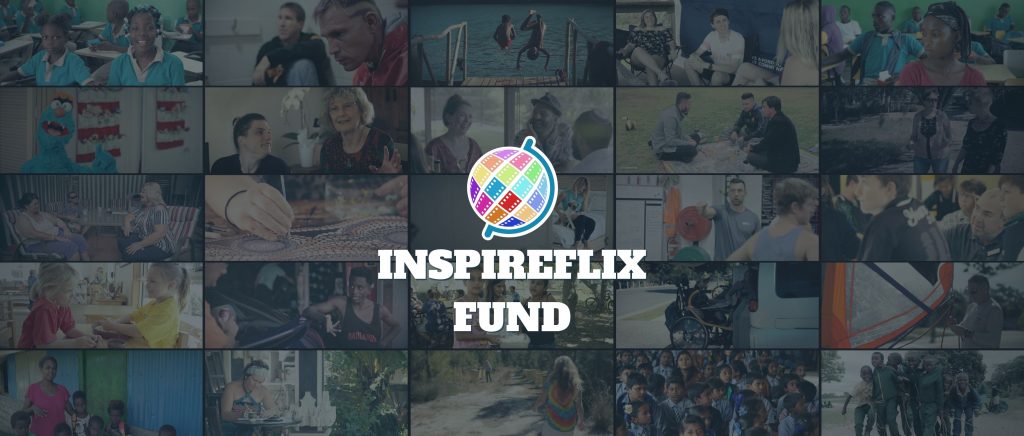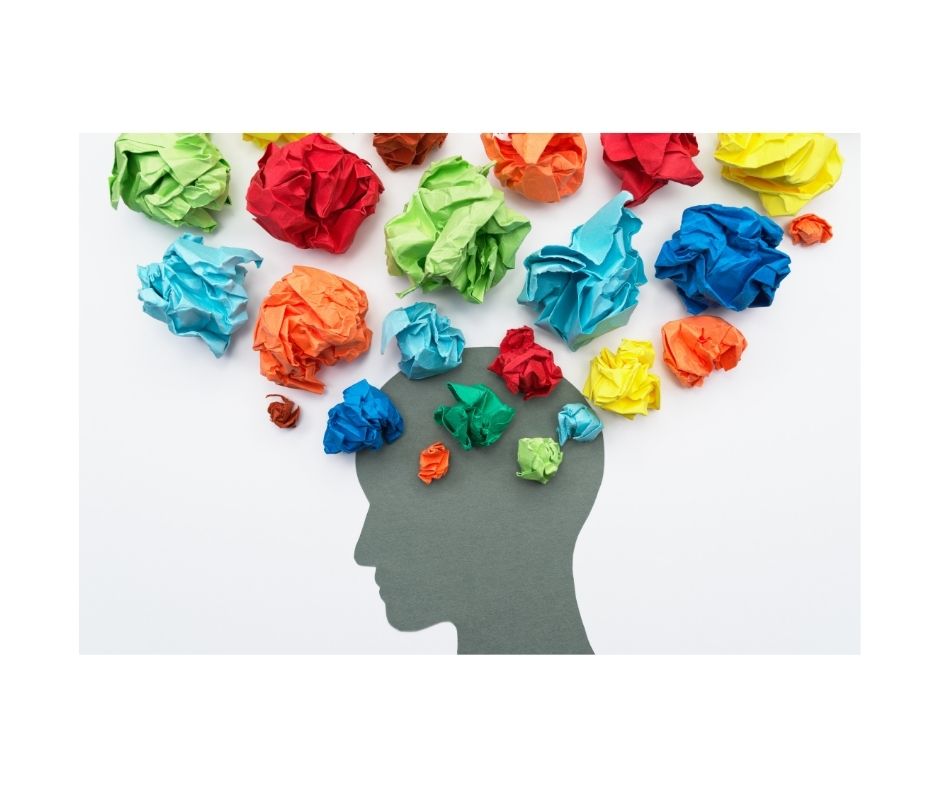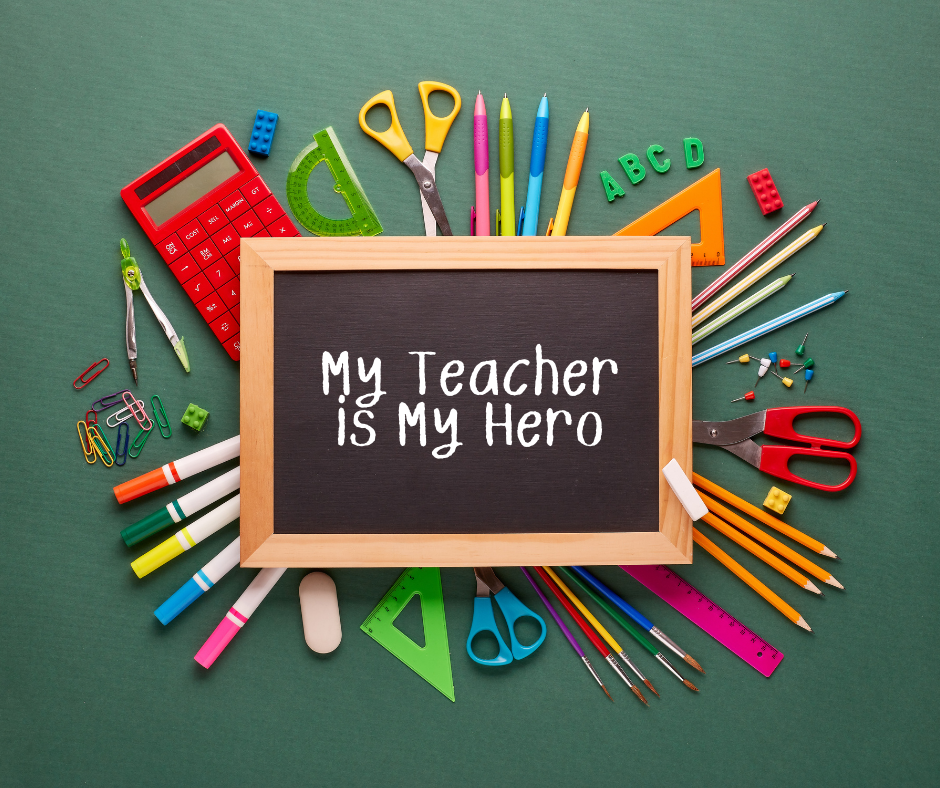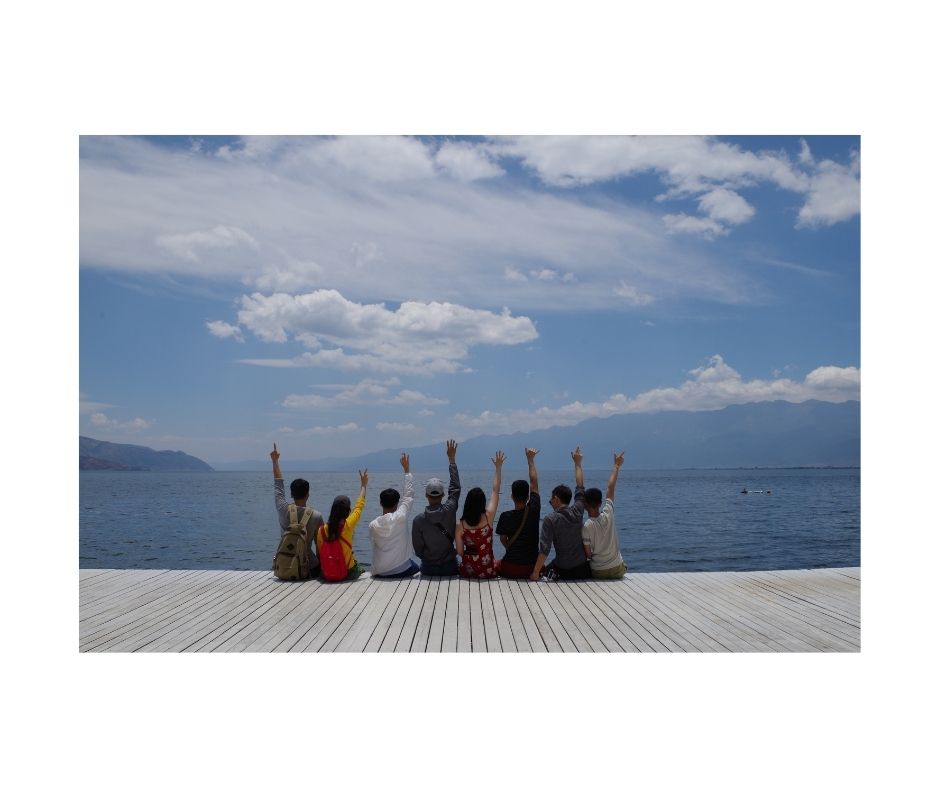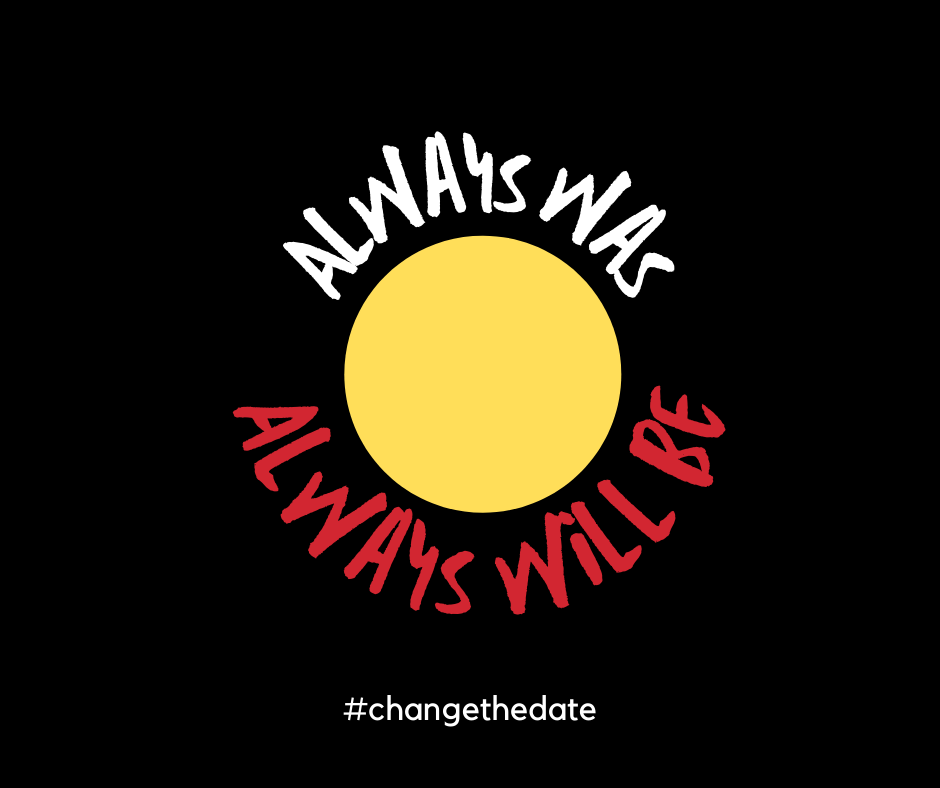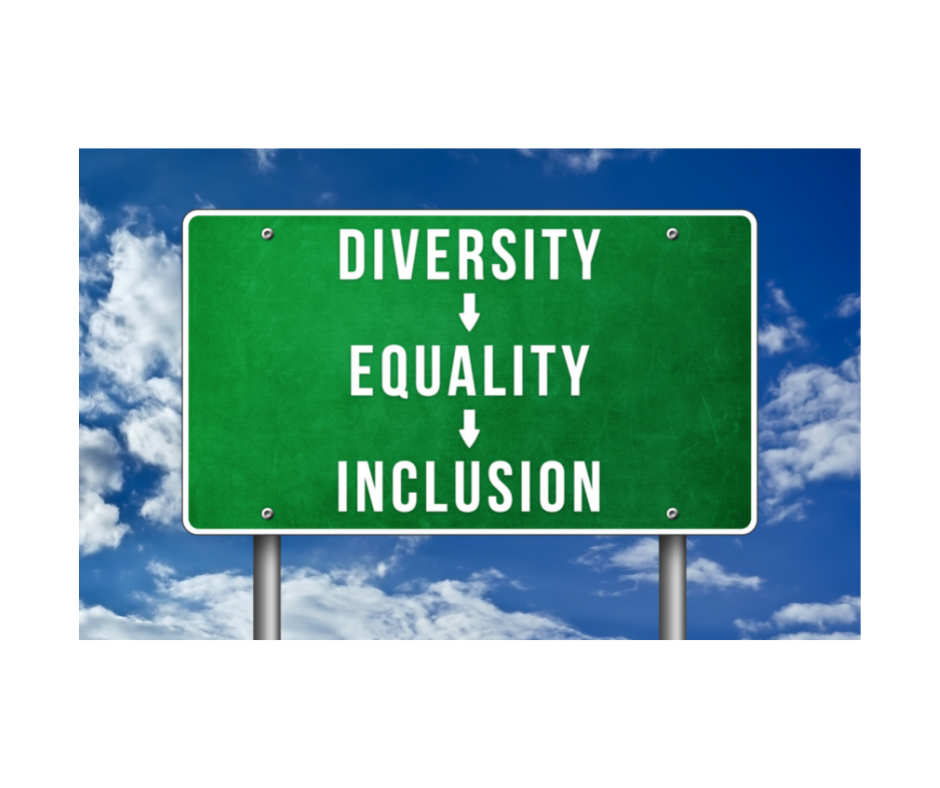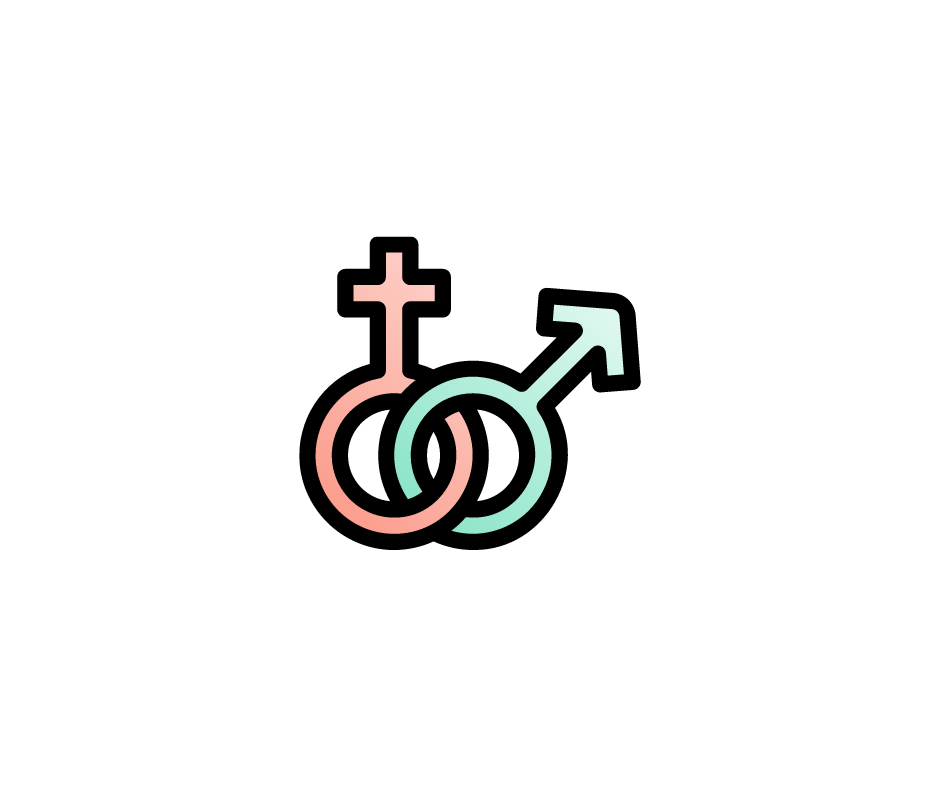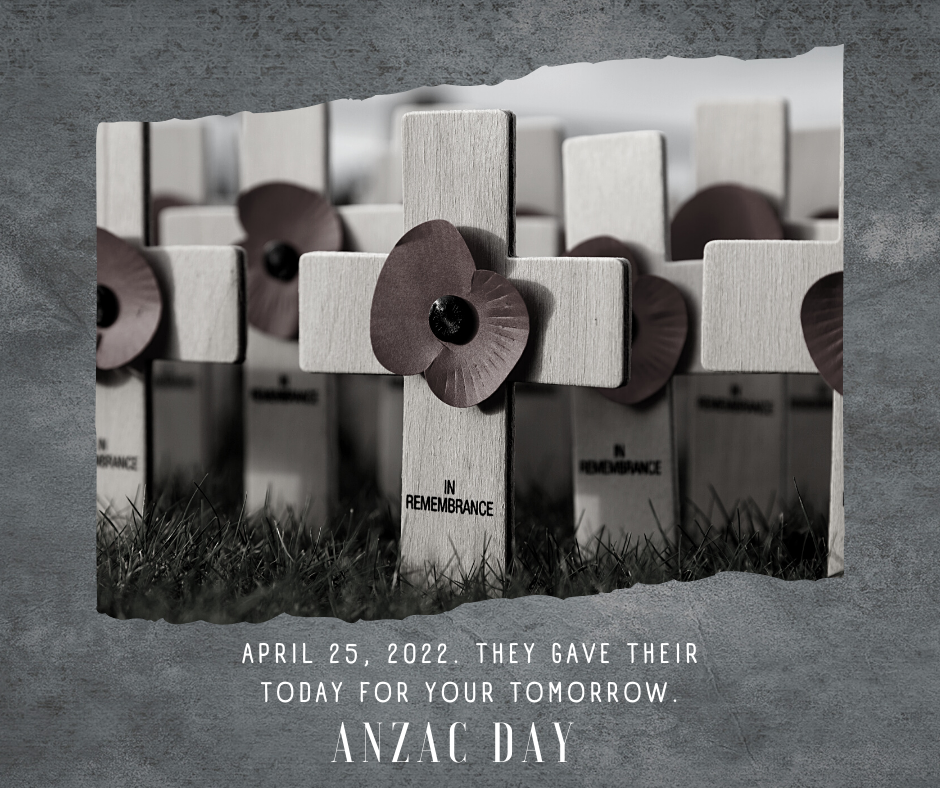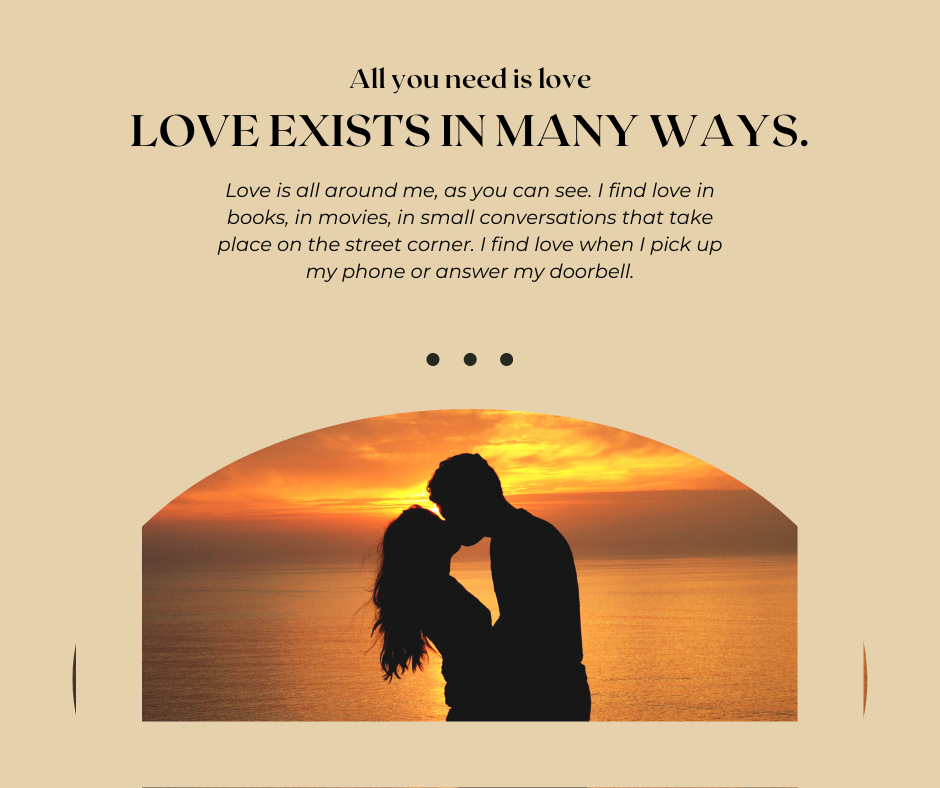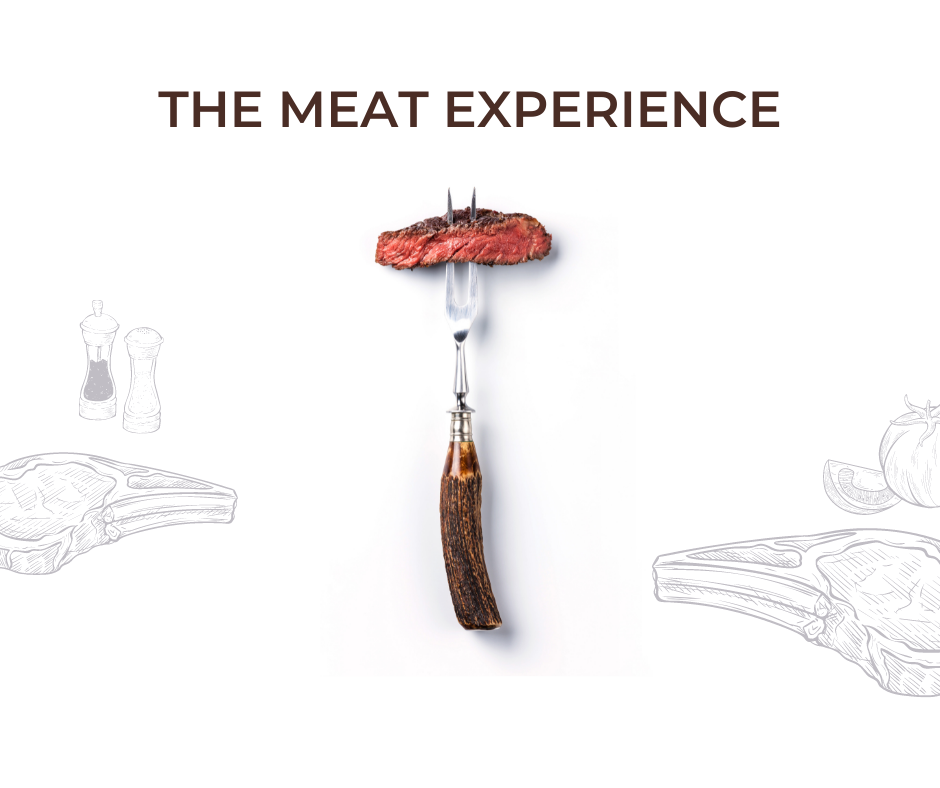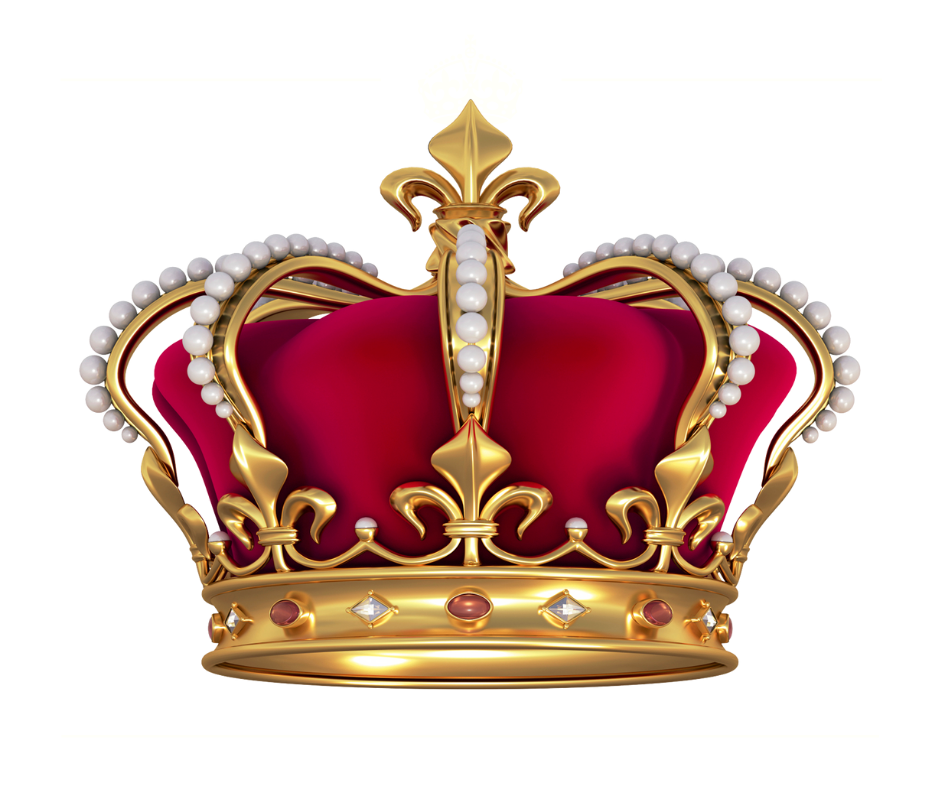I love the film ‘Pride’. It explores the interconnectedness and importance of advocating for all rights, in the context of sexual identity equality. The film has a strong foundation of people advocating for Lesbian and Gay rights in the 1980’s in conjunction with advocating for miners and workers rights. The theory behind this being that when advocating for rights you don’t just care about one set of rights, all rights are important.
Recently we celebrated Mardi Gras in Sydney. I didn’t attend any parade or celebration in person however, I did see a number of posts online. Something which I noticed and found a bit more unique to this year was the intersectionality explored and represented. What I mean by ‘intersectionality’ in relation to Mardi Grass was the advocating of LGBTQIA+ rights in union with certain minority groups. Some images which come to mind are of a group of people with Amnesty International who were a part of a Mardi Gras parade; with banners advocating for LGBTQIA+ refugees, asylum seekers and migrants. I found this intersectionality replicated in a number of social media posts. I am seeing increasing recognition of intersectionality of rights across many campaigns, parades and protests. This recognition that inequality doesn’t impact everyone in the same way is crucial for change. I think many of us have heard people say similar things to “don’t we have equality now?”. When people say things like this I feel that maybe they are thinking of a very specific image of equality and who they feel may have been previously impacted. Perhaps they have an image of the fact that initially same-sex marriage was not legal and now it is … in some places. However, as many of us know, same-sex marriage is not legal everywhere and genuine equality for people reaches far beyond the right to marry.
When I see the images of people associated with Amnesty International holding flags to shed light on refugees, asylum seekers and migrants who are part of the LGBTQIA+ community, it draws attention to the complexity of equality, rights, and how many people are impacted in different ways and to varying extents. There are a number of issues which are considered “invisible” as there is not always as much media attention, interest or because of stigma. I am grateful that organisations like Amnesty International and others who are able to continue advocating for groups considered hidden, invisible and for people who may not have a voice or who have had their voices snatched. By shedding light in these areas we have a better chance at enacting change and reminding people that the fight for equality and LGBTQIA+ rights continues. It is so important to continue the fight for rights for all and to work to represent and empower the many LGBTQIA+ refugees, asylum seekers and migrants, who do not always have the accessibility and capacity to advocate for themselves and/or others. Only by recognising the complexity of issues and the intersectionality of rights can we work to challenge social norms and create genuine equality.


